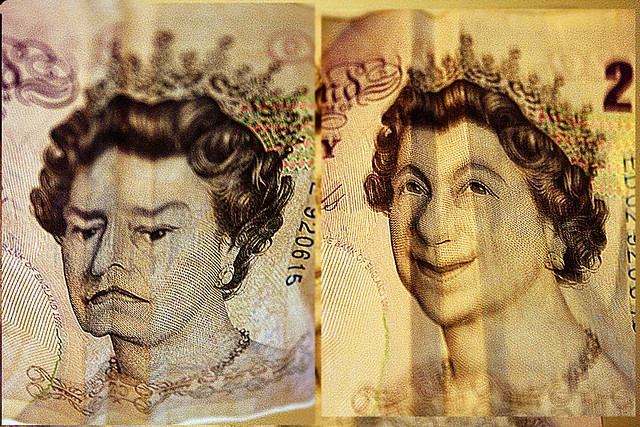
So plenty of games make earning the most money your winning condition. Plenty of games make earning victory points your winning condition. Some games combine the two into one unit of currency. Others include both money and VP, but each focuses on short-term and long-term goals, often at odds with each other.
In Mansa Musa, I was initially thinking of doing the latter, money being what gives you mobility across the map but not in itself leading to victory. Instead, I'm kind of doing this wobbly halfway thing that is inspired by Jaipur's bonus tokens. Imagine a set of currency as follows:
There are $1 bills, $3 bills, $6 bills. Each individual bill has a victory point value assigned to it on the back. In play, each denomination is shuffled and sorted into its own stacks as the general supply. You only ever see the money side of each bill. You only ever look at the VP side of the bills at the very end of the game. Say for example there are nine bills in each denomination, the bills' hidden VP values would be as follows.
$1 $3 $6
1p 4p 8p
1p 4p 8p
1p 4p 9p
1p 5p 9p
2p 5p 9p
2p 5p 10p
2p 6p 10p
3p 6p 10p
3p 6p 10p
In other words, four of the $1 bills are worth 1p, three are worth 2p, and so on. As you earn money, you also earn victory points, but it's never entirely clear how many points you've earned. Collecting lots of money is still clearly a good goal though.
The tension comes when you upgrade to a higher denomination or decide to keep lower denominations. Higher denominations offer much higher point values, but also make your short-term assets less liquid. Suddenly, making change for a $6 actually has tactical importance. You could accidentally be trading 10 VP for 6.
I think balancing this mechanic with some other methods of publicly visible point acquisition will make Mansa Musa a very interesting experience for economic gamers. Now, the perennial question: Has this peculiar money-and-victory-point mechanic been done before?
No comments:
Post a Comment